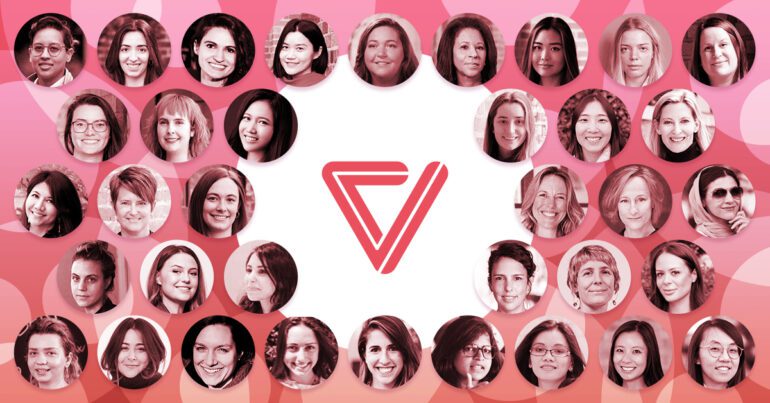TL;DR:
- Gradient, a startup, has secured $10 million in funding led by Wing VC, with participation from other investors.
- Founded by Chris Chang, Mark Huang, and Forrest Moret, Gradient simplifies AI app development using large language models (LLMs) in the cloud.
- The platform enables organizations to deploy and fine-tune specialized LLMs at scale, supporting thousands of models in a single system.
- Gradient offers access to open-source LLMs and tailored models for various use cases and industries.
- Customers maintain full ownership and control over their data and models.
- Gradient’s pricing is based on actual usage, making AI adoption cost-effective.
- The startup distinguishes itself by allowing the productionization of multiple models simultaneously.
- It benefits from the surging interest in generative AI, with the AI sector attracting substantial funding.
- Gradient collaborates with around 20 enterprise customers and aims to expand its team.
Main AI News:
In the dynamic world of artificial intelligence, Gradient has emerged as a frontrunner, securing $10 million in funding from a consortium led by Wing VC, with notable contributions from Mango Capital, Tokyo Black, The New Normal Fund, Secure Octane, and Global Founders Capital. Founded by Chris Chang, Mark Huang, and Forrest Moret, Gradient has set its sights on redefining how businesses harness the power of large language models (LLMs) in the cloud.
Chang, Gradient’s CEO, brings a wealth of experience from working on AI projects at tech giants like Netflix, Splunk, and Google. His journey led him to a pivotal realization: LLMs, such as OpenAI’s GPT-4, hold immense potential for enterprises. However, to fully capitalize on this potential, there was a pressing need to integrate private, proprietary data seamlessly into these LLMs.
The traditional approach has typically centered around enhancing a single, general-purpose model. Chang believes that while existing solutions support this model, it falls short in terms of task-specific performance. To bridge this gap, Gradient was born, designed to simplify the deployment of specialized and finely-tuned LLMs on a large scale. This cloud-based platform empowers organizations to develop and integrate thousands of LLMs into a unified system.
One of Gradient’s standout features is that it eliminates the need to train LLMs from scratch. The platform provides access to various open-source LLMs, including Meta’s Llama 2, which users can customize to meet their specific requirements. Gradient also offers models tailored to distinct use cases, ranging from data reconciliation and context gathering to paperwork processing, catering to industries like finance and law.
Whether through an API, akin to industry leaders like Hugging Face and CoreWeave, or by deploying AI systems within an organization’s preferred public cloud environment—be it Google Cloud Platform, Azure, or AWS—Gradient ensures that customers retain full ownership and control over their data and trained models.
Chris Chang emphasizes the importance of simplifying AI development for businesses. He notes that while most businesses recognize the value AI can bring, they often grapple with its complexity and associated costs. Gradient’s platform addresses this challenge, making AI adoption more accessible and cost-effective for businesses.
But what sets Gradient apart from other startups in the LLM integration sphere or the many companies customizing LLMs for enterprises? Gradient’s distinguishing factor lies in its ability to “productionize” multiple models simultaneously. Chang asserts that it is not only efficient but also cost-effective, with pricing structured based on actual usage. Larger enterprises even have the option of dedicated capacity.
While Gradient shares a competitive landscape with other players, it benefits from the surging interest in generative AI, particularly LLMs. The AI sector alone has attracted nearly a fifth of total global VC funding this year, and the generative AI market is projected to reach a staggering $42.6 billion by 2023, according to PitchBook.
Gradient’s mission revolves around simplifying the development of complex AI systems that leverage multiple “expert LLMs.” This approach ensures consistent peak performance across diverse tasks, all within a single platform. Currently, Gradient collaborates with approximately 20 enterprise clients, serving thousands of users collectively. Their near-term goals involve scaling their cloud infrastructure and expanding their team from 17 to 25 full-time employees by year-end.
Conclusion:
Gradient’s funding and platform launch signifies a significant step in the evolution of AI for businesses. The ability to efficiently deploy specialized LLMs at scale addresses a critical need in the market. As the generative AI sector continues to surge, Gradient’s approach and cost-effectiveness position it as a key player poised for substantial growth in the AI market.

